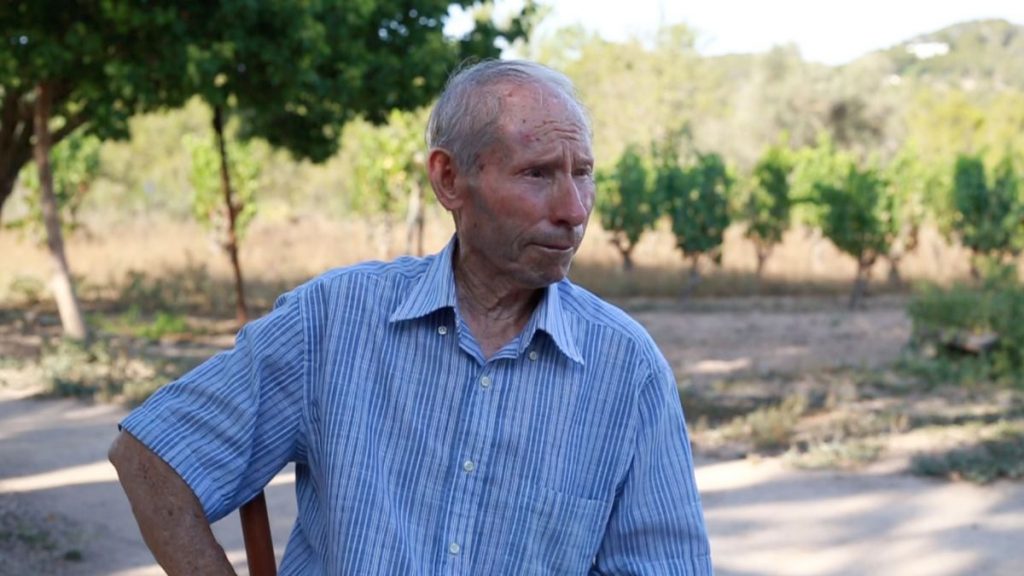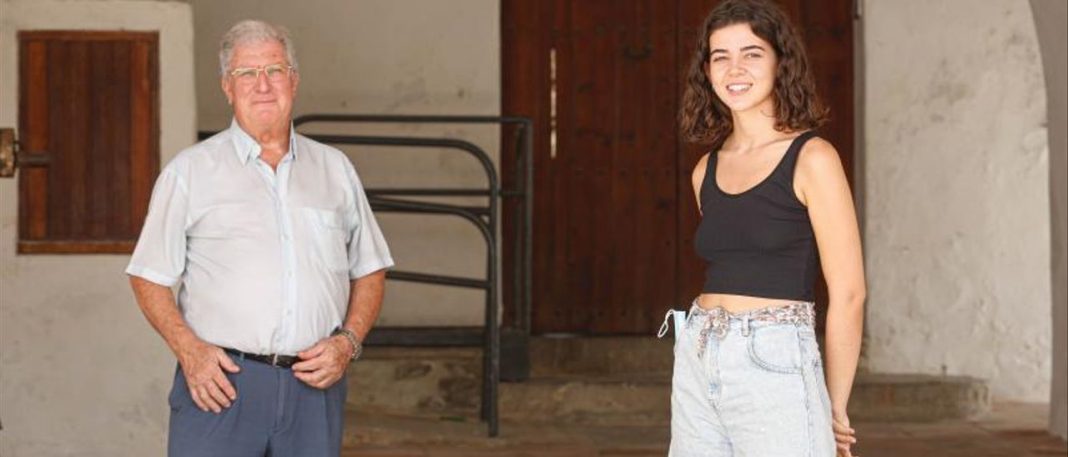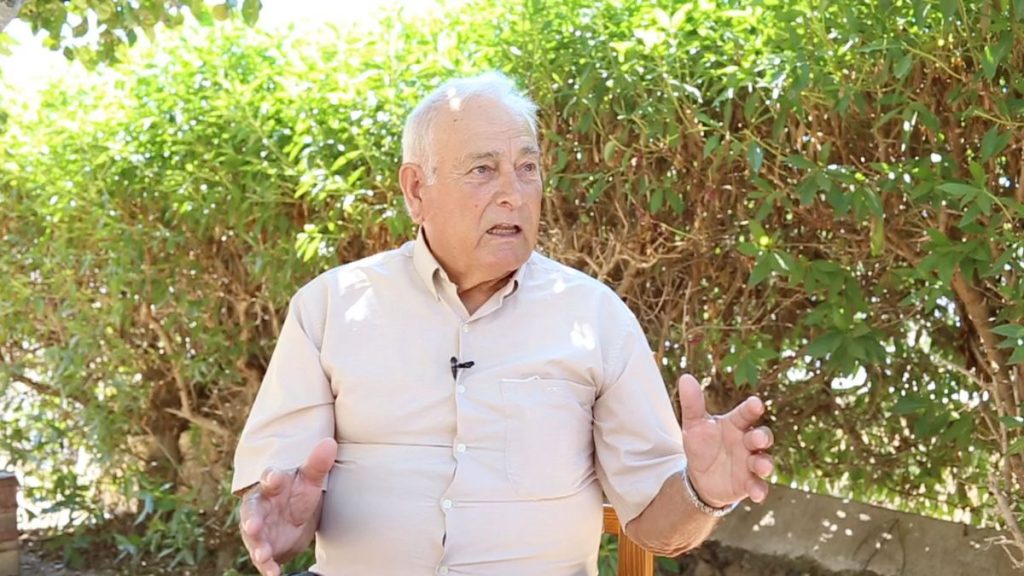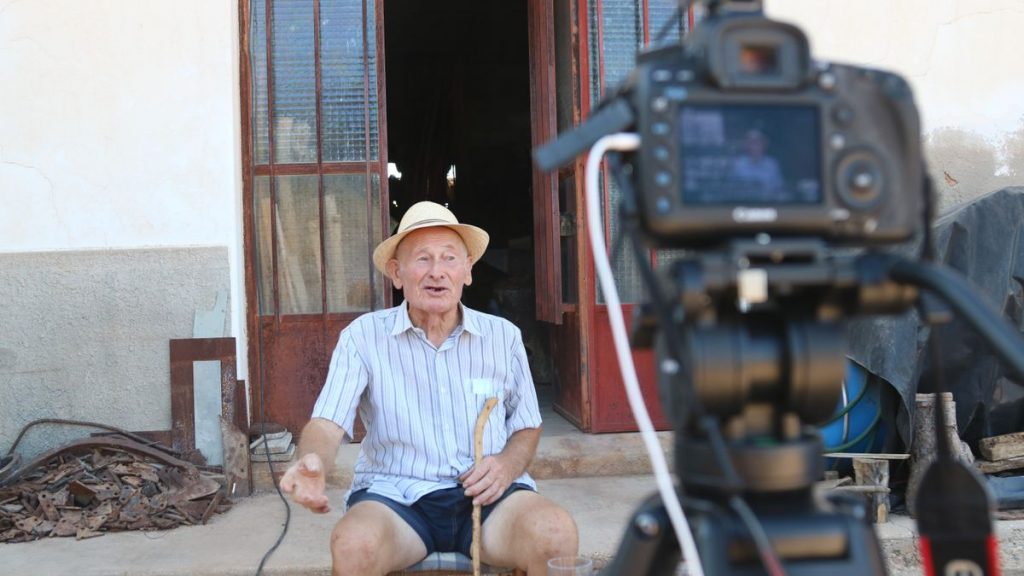When the president of the Associació de Majors de Sant Agustí, Pep Marí, Reganes, was about 15 years old, it was already common for his neighbors to have a bicycle or a motorcycle “to go down to Vila or Sant Antoni” if they needed a product or service that they did not have within their reach. The people who lived in the countryside were coming out of a practically self-sufficient life in those years while work in the hotel, catering and construction industries were multiplying with the emerging tourist industry.
Before this boom, Reganes, born in 1948, grew up in a village in which the people occasionally turned to one of their few neighbours with a specialised trade or had resources that were not within reach for the rest. When he received the proposal from the Associació de Majors de Sant Agustí to take part in the third edition of the programme ‘Units pel nostre parlar’ , through which the Sant Josep Town Council promotes the linguistic and cultural heritage of Ibiza, he had no doubt that it was an opportunity to remember that legacy with ‘Oficis de la pagesia’.
Pep Ribas was a ‘matancer’, the trade that has lasted the longest. M.T.
“They were trades that were very important, because some of them helped those who had neither the tools nor the skills”, he points out. This was the case of the slaughterer to whom, once a year, each family would turn to for the slaughter of the pig, a job for which Pep Ribas, from Sendic, 79 years old, was renowned. This work has survived until recent times, while the rest of the jobs were relegated many decades before.

The essential neighbours
Vicent Marí, from can Frare Berri, is the oldest of the protagonists in the video at 93 years of age and one of “the four or five” neighbours of Sant Agustí who could help with transport. “Very few people had money to afford a cart or a mule, so they needed a cerreter,” recalls Reganes. The farms in that part of the island “are very small and yield little”, so a few times a year it was necessary to collect the carobs or other crops from there or to carry the manure with one of those carts.
Pep Torres, ‘ferreter’. M.T.
Likewise, if any of the aixada ampla or any other equipment was damaged, the neighbours would go to the blacksmith, like Pep Torres from Can Toni, 85 years old. “What surprised me most about the blacksmith is that he explained to us that the iron they used to repair the tools was collected from scraps they bought in Vila or from scraps of iron they sent from the mainland”, confesses Reganes.
For the full article, please visit Diario de Ibiza website here.



